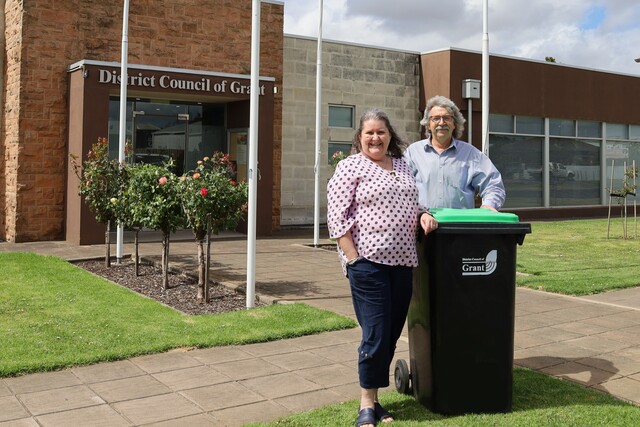The UK Experience by Malcolm Morley*
In England it looks increasingly likely that 2006 is going to be a year of debate about Local Government reorganisation. As with many reorganisations the risk is that within Councils the debate will be about structure first rather than about function. This runs the risk of missing a real opportunity to ensure that Local Government evolves.
Councils currently have four functions: community leadership, service provision, service commissioning and regulation. Community leadership is at the very core of Local Government yet many Councils are still dominated by service provision. Too often the focus on service provision has created an imbalance between the four roles of Councils.
The Government’s agenda is clear – the reinvigoration of community leadership with initiatives such as the creation of the Civil Renewal Unit in the Home Office. It has to be hoped that Councils, as part of any review of Local Government, ensure that their roles in community leadership are recognised, reinvigorated and increased in status.
Being perceived as local community leaders, however, is not enough. Councils also need to be able to illustrate that they deliver economy, efficiency and effectiveness from the resources invested on behalf of those communities. Communities are often not concerned about organisational structures and who provides their services as long as they have easy access to them and they are provided effectively, efficiently and economically. Councils have to look at the most economic, efficient and effective way for services to be provided to their communities.
Councils must challenge themselves in terms of their roles as service providers and commissioners of services. The starting points for this review have to be the community needs to be met within the context of the Council’s priorities and resources and the statutory requirements imposed by Parliament.
The balance between service provider and service commissioner needs to be seen from the reality of external requirements rather than a legacy of thinking from the past. The key is the relationship between quality and cost. If the quality of services can be maintained or improved by an alternative service provider can Councils justify having in house provision with higher unit costs?
Service commissioning, rather than providing, poses its own challenges. These challenges include the existence of a market of credible service providers to give Councils a choice and the opportunity to reduce costs, access to the skills to specify and manage contracts/partnerships and the flexibility within contracts/partnerships to evolve service provision to meet changing circumstances.
It has to be hoped that the potential to aggregate purchasing power giving access to economies of scale, access to capacity, access to specialist skills, and a more effective focus on outputs/outcomes rather than resource inputs and process will not be overlooked. This relates to Councils’ regulatory roles as well but with the added complication of statutory responsibility.
If Local Government reorganisation does go ahead it has to be hoped that structure follows function rather than vice versa. Even if reorganisation doesn’t go ahead the challenge for Councils is to ensure that community leadership provides the context for the approach to their functions.
*Malcolm Morley is Chief Executive of Harlow District Council and can be contacted via the Editor, email info@lgfocus.com.au
The views expressed in this article are not necessarily those of his employer.







